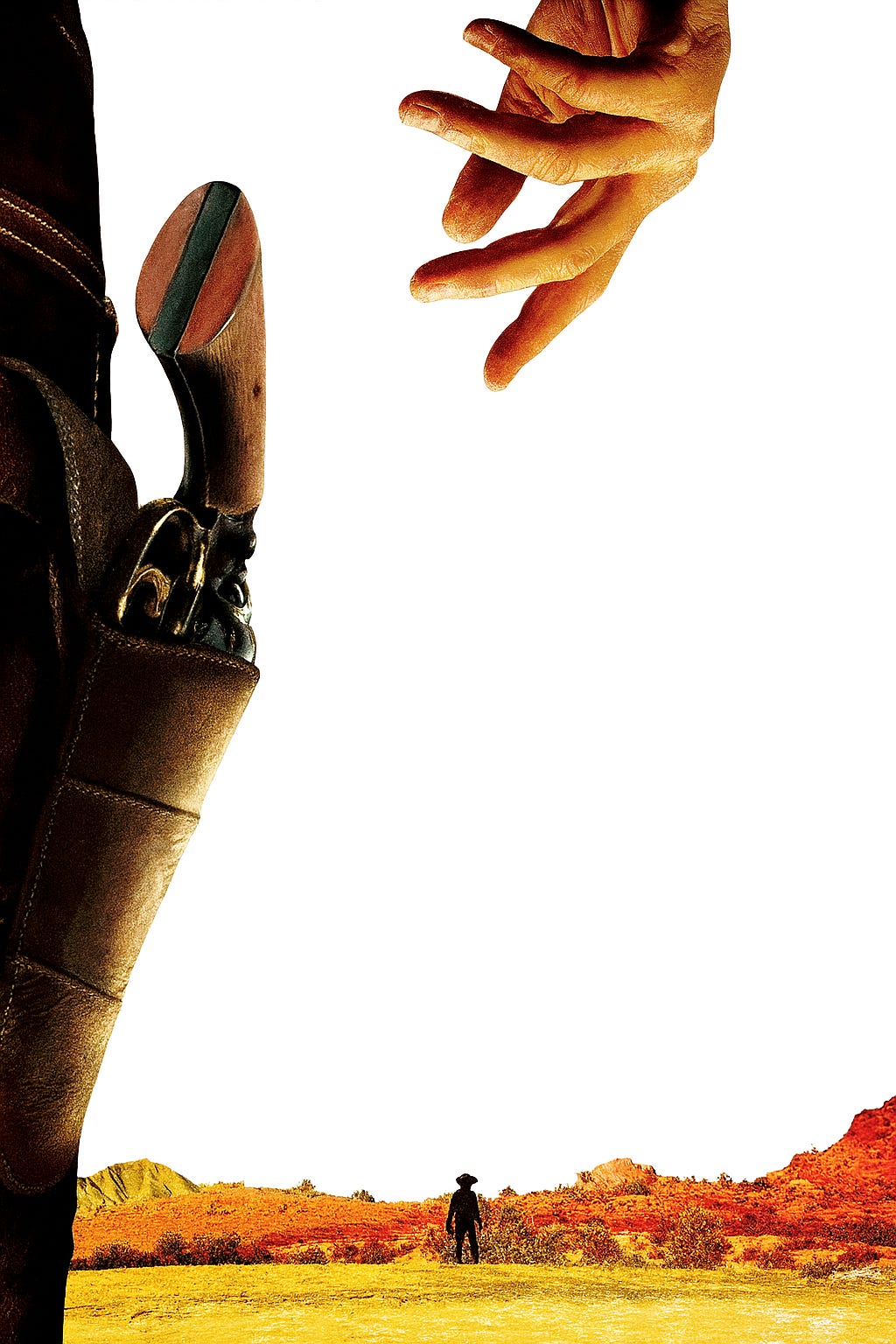The Good, the Campbell, and the Jungly
The Hollow Gunman Viewed Through Jungian and Campbellian Lenses
He has no name. No past. No future.
He appears in towns, across battlefields, and between betrayals like a ghost. Eastwood’s character—known only by the poncho and the gaze—is less a man than a force, navigating the wreckage of America’s Civil War.
This film is the third in Sergio Leone’s so-called Dollars Trilogy, but it stands alone as a mythic odyssey. In it, three men—Blondie (the “Good”), Tuco (the “Ugly”), and Angel Eyes (the “Bad”)—circle each other in pursuit of buried Confederate gold. Along the way, they pass through towns reduced to ruins, prisons turned hellscape, and armies still killing for territory long since lost. Every institution in the film is either corrupt, broken, or dying.
Blondie doesn’t pretend to be a hero. He’s a mercenary who partners with Tuco only to double-cross him—then partners again when survival demands it.
And yet, across the film’s sprawling journey, we see flickers of principle. He eases the suffering of a dying soldier with a cigar. He spares Tuco more than once, even when there’s nothing left to gain. And in one unforgettable moment, he blows up a bridge—not for gold, but to stop the slaughter of soldiers locked in a meaningless battle for a meaningless crossing.
He doesn’t give speeches. He doesn’t claim righteousness. He just acts.
And when the moment of reckoning comes—three men in a graveyard at sundown—Blondie stands calm at the center of it all. He wins not because he’s the fastest, but because he sees clearly. He disarms Tuco without killing him, then leaves him his share—just out of reach, a noose around his neck, a smile on Blondie’s face. He walks away. Again.
This is not a tale of justice. It’s a tale of survival in a world where even morality has gone bankrupt.
For Blondie, compassion is occasional. Loyalty is transactional. But clarity—that rare ability to see through the fog of war and want—is constant.
For America, this film is the mirror it never wanted: a country killing itself in the name of abstractions while individuals chase treasure in the rubble. There are no heroes here. Just choices.
In Jungian terms, Blondie is the Shadow fully operational—violence, ambiguity, instinct, all channeled through will. And aimed, in rare moments, toward mercy. But more than that, he’s hollow in the most archetypal sense: emptied of ego, persona, even origin. He isn’t on a journey of individuation. He’s the aftermath of one. A vessel with no mask, no need to speak—only to act. He is what happens when the ego abdicates and the survivor takes over.
In Joseph Campbell’s arc, he refuses the call to be anything more than a participant. He never returns with a boon. There’s no lesson, no redemption—just a man shaped by violence, taking his gold and disappearing into silence.
And that’s why the myth endures. Not because it offers hope. Because it tells the truth:
When the center doesn’t hold, what survives isn’t belief. It’s the man who keeps walking. Eyes open. Gun loaded. Scarred—but still, somehow, human.
Not good. Not bad. Not ugly. Just what’s left.


